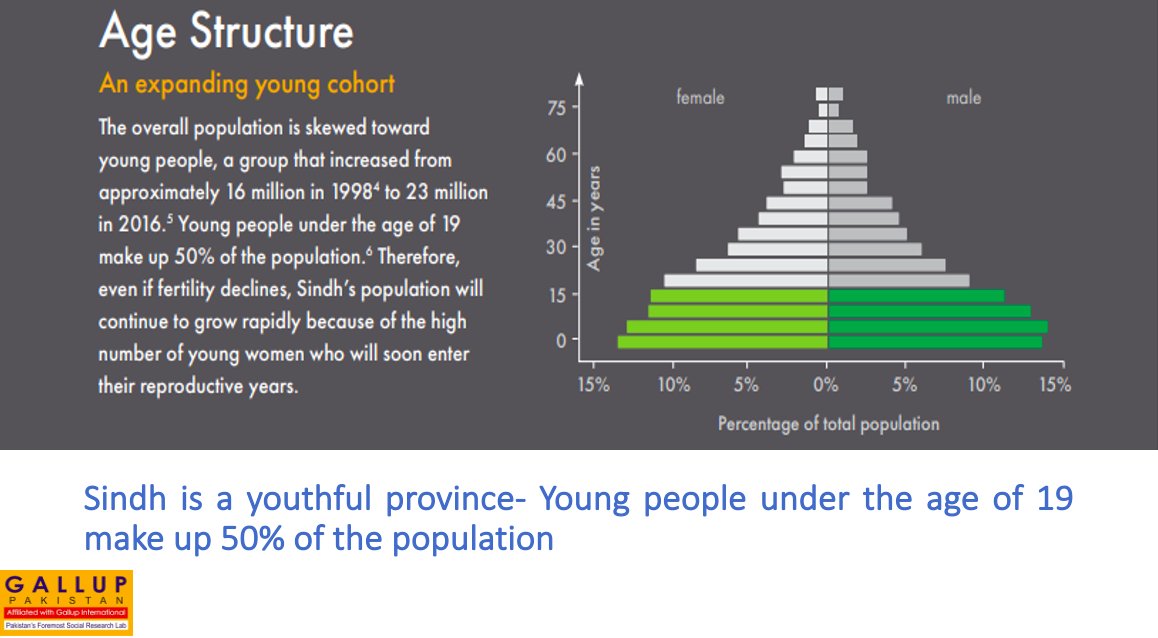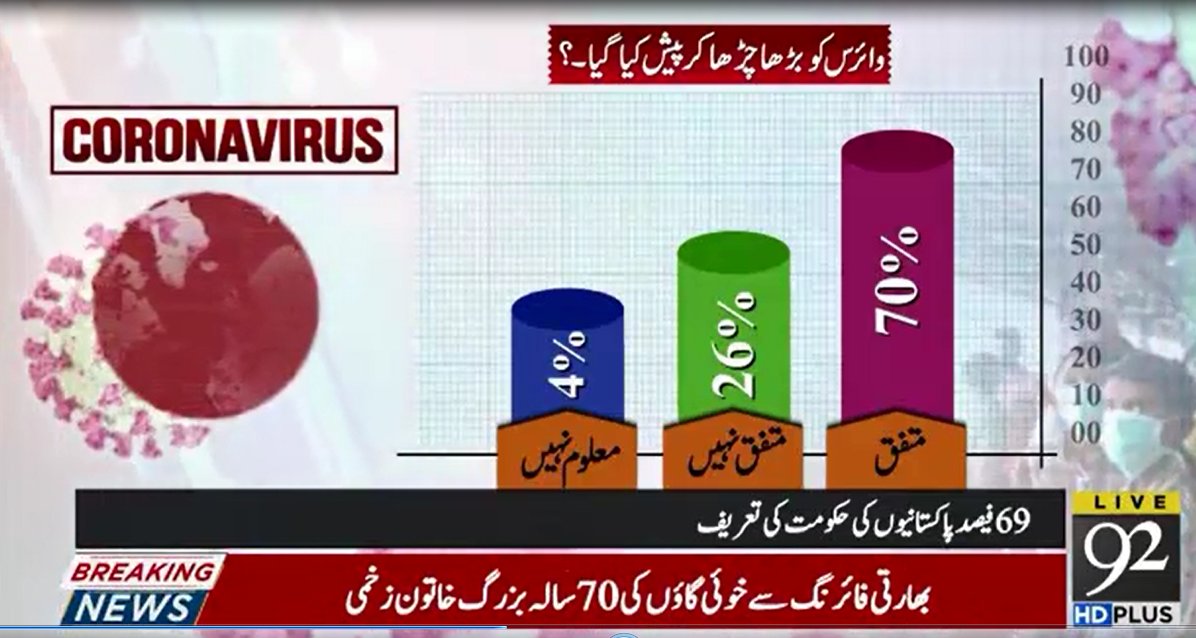Gallup Pakistan National Public Opinion #Poll: Majority Pakistanis (58%) support the NAB Court decision in #Avenfield Reference Case against #NawazSharif, very few say they have changed their #Voting decision as a result of the decision.
How many have heard or read about #Avenfield Reference Case: 59% Pakistanis say they have heard or read about the Avenfield Judgement
Conspiracy or actually guilty? Majority feel #NawazSharif was actually guilty and there is no conspiracy against him
Should #NawazSharif return to Pakistan to face jail / courts? Nearly 2 in 3 #support return of Nawaz Sharif
Feeling sad or happy: Non-jubilant and sober Pakistan on #conviction of former 3 time Prime Minister
Would this decision make a difference with respect to #PMLN position in #Elections2018 : Majority agree there would be repercussions of this #verdict on the elections
Have you changed your voting decision: Only a small minority report changing their #Voting #decision
For complete report, please visit: gallup.com.pk/gallup-pakista…
• • •
Missing some Tweet in this thread? You can try to
force a refresh


















